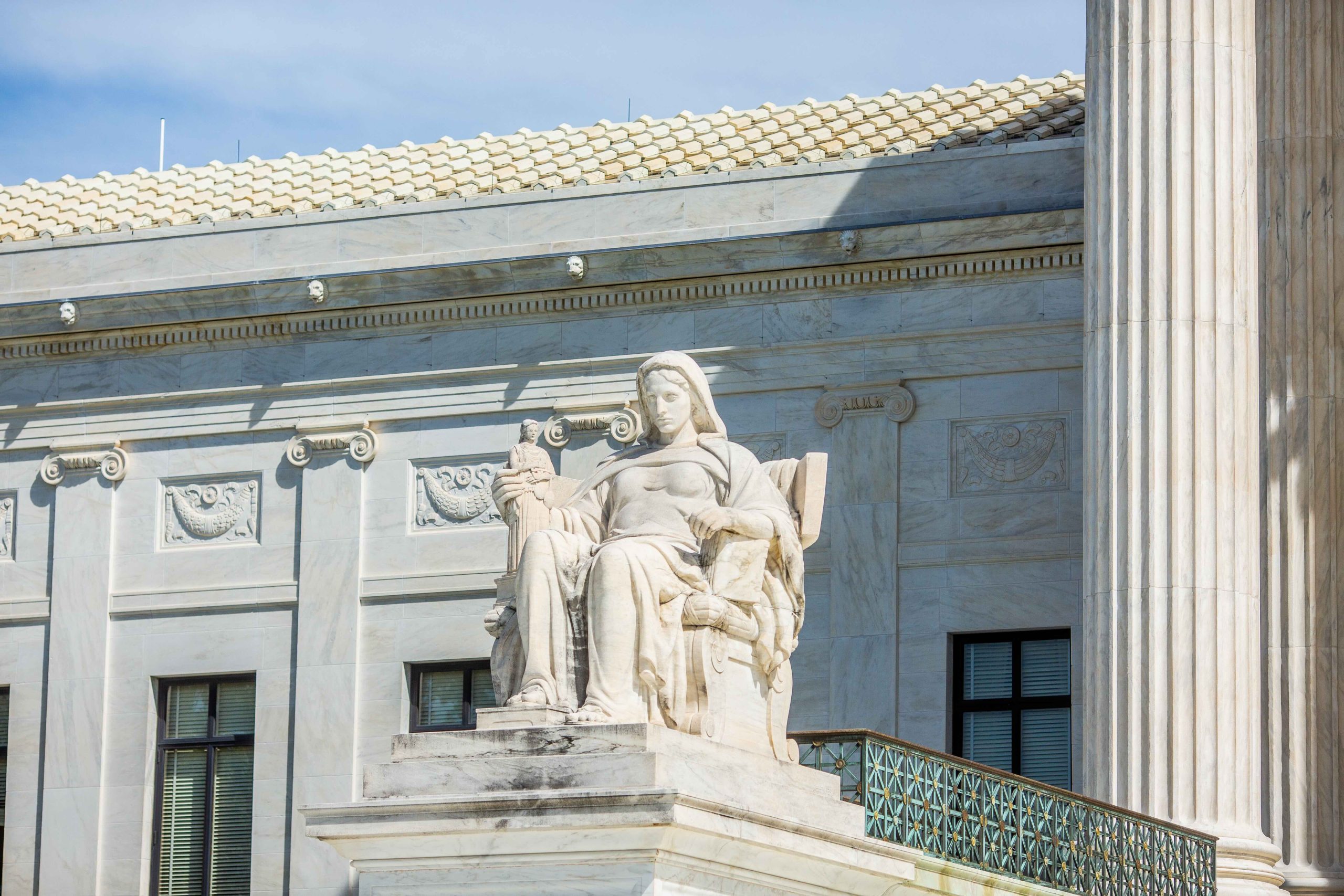CAPITAL CASE
Supreme Court allows Marcellus Williams to be executed

on Sep 24, 2024 at 11:29 pm

The Supreme Court on Tuesday declined to block the execution of Marcellus Williams, who in 2001 was convicted and sentenced to death for the 1998 stabbing murder of Felicia Gayle. None of the forensic evidence found in Gayle’s house tied Williams to the scene and his lawyers argued there was reason to believe he was innocent. The lawyer who prosecuted Williams also testified that he excluded at least one potential juror because of that juror’s race.
Williams was executed by lethal injection on Tuesday evening in Bonne Terre, Missouri. Justices Sonia Sotomayor, Elena Kagan, and Ketanji Brown Jackson indicated that they would have put his execution on hold. Gayle’s family and the prosecutor had publicly objected to Williams’ execution.
The brief unsigned orders came one day after the Missouri Supreme Court and the state’s governor, Mike Parson, turned down requests to stop the execution. Prosecutors in St. Louis, where Williams was convicted, had asked courts to overturn his conviction, but the state’s attorney general, Andrew Bailey, opposed those efforts.
The only evidence linking Williams to the murder was a laptop stolen from Gayle’s husband. The Office of the Prosecuting Attorney for St. Louis County has conceded that there is evidence indicating that Williams was innocent: His DNA was not on the knife used to kill Gayle, while prosecutors had contaminated that evidence by handling it before and during the trial without gloves.
There was also evidence that prosecutors dismissed at least one juror based on race. The jury that convicted Williams, who was Black, was in the end made up of 11 white jurors and just one Black juror.
Williams, who maintained his innocence, agreed last month to enter an Alford plea, which acknowledges that the state has enough evidence to prosecute him for murder, in exchange for a sentence of life in prison without the possibility of parole.
Both Williams and the St. Louis prosecuting attorney came to the Supreme Court on Monday, asking the justices to put the execution, scheduled for Tuesday night, on hold and take up his case. “Marcellus Williams’ conviction is a grave miscarriage of justice and to execute him would be an unthinkable, irreversible travesty,” Williams’s attorneys wrote in one of their filings.
In October, the justices will hear oral arguments in the case of Richard Glossip, an Oklahoma man who was sentenced to death for the 1997 murder of the owner of the motel where he worked. In that case, the state’s attorney general has supported Glossip’s efforts to set aside his conviction and death sentence.
This article was originally published at Howe on the Court.


